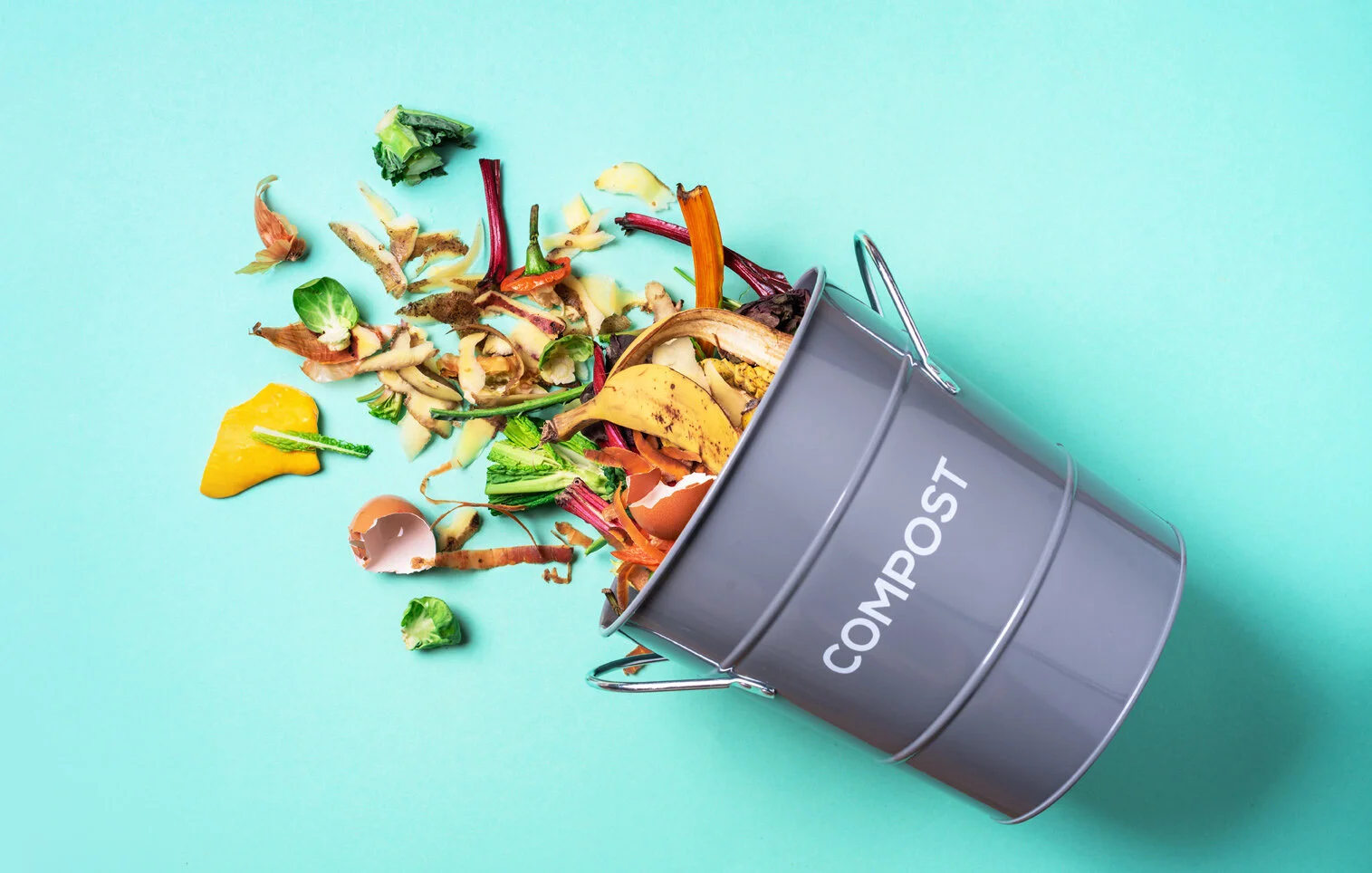Q: How has the past year—the pandemic year—affected your work and the work of those you partner with?
A: Growers and food companies that had been selling to restaurants had to go more to a retail model or not exist. After the lockdown began and Illinois was put under a shelter-in-place order, Plant Chicago helped farmers pivot toward online sales. And, despite the challenges, we re-launched the farmers market in Davis Square Park, opened our year-round marketplace, offered subsidized local food boxes, piloted a shared-use indoor victory garden, and began accepting food scraps for composting from neighbors. We store the food scraps on site for Urban Canopy to haul away. We’re just now transitioning back into working in person, and we interact with the public a lot, so we’re still masking and probably will be for a while.






